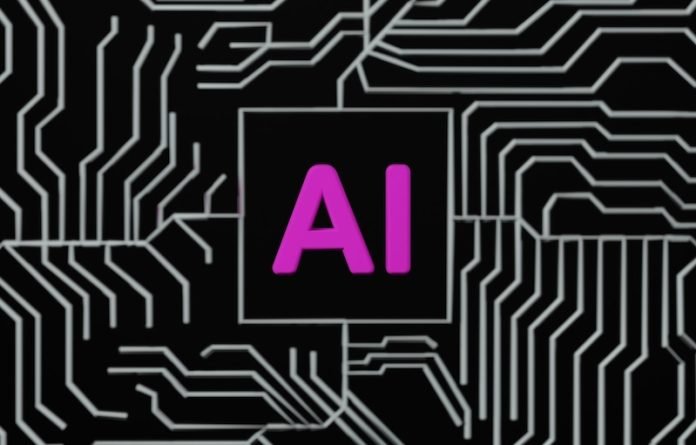
A recent study, published in JAMA Network Open, highlights how ChatGPT, an artificial intelligence tool, can be a helpful resource for those looking to find out the nutritional content of various foods.
The research was spearheaded by Yen Nhi Hoang and her team from Taipei Medical University in Taiwan. They set out to test how reliable AI is in giving information about the energy and main nutrients (like carbohydrates, fats, and proteins) in 222 different food items.
The study was conducted in both English and Chinese to see if language had any effect on the AI’s performance.
They compared two versions of ChatGPT – ChatGPT-3.5 (referred to as chatbot 1) and ChatGPT-4 (chatbot 2) – and focused on how accurately these chatbots could provide calorie and nutrient content.
What they found was quite interesting. When it came to estimating the energy, carbohydrate, and fat content of foods, the AI’s estimations were almost as good as those made by nutritionists.
However, the AI was not as accurate when it came to estimating protein content. In terms of overall accuracy, both ChatGPT versions gave correct energy contents for about 35 to 48% of the 222 food items, within a 10% range of error.
Between the two ChatGPT versions, ChatGPT-4 did a better job than its predecessor, although it had a tendency to overestimate the amount of protein in foods.
The researchers concluded that, while AI chatbots like ChatGPT are not perfect and their responses are based on probabilities, they can still be very useful and convenient for people who want to know about the energy and nutrient content of their food.
However, they also noted that these AI tools are currently limited in their ability to offer personalized dietary advice, like specific nutrition guidelines or exact portion sizes.
In summary, this study suggests that ChatGPT can be a useful tool for getting a general idea of the nutritional content of foods.
It’s a handy resource for those interested in understanding what they’re eating, though it’s important to remember that it might not always provide perfect information, especially when it comes to specific dietary needs.
If you care about nutrition, please read studies about the best time to take vitamins to prevent heart disease, and vitamin D supplements strongly reduce cancer death.
For more nutrition information, please see recent studies about plant nutrient that could help reduce high blood pressure, and these antioxidants could help reduce dementia risk.
The research findings can be found in JAMA Network Open.
Copyright © 2023 Knowridge Science Report. All rights reserved.



